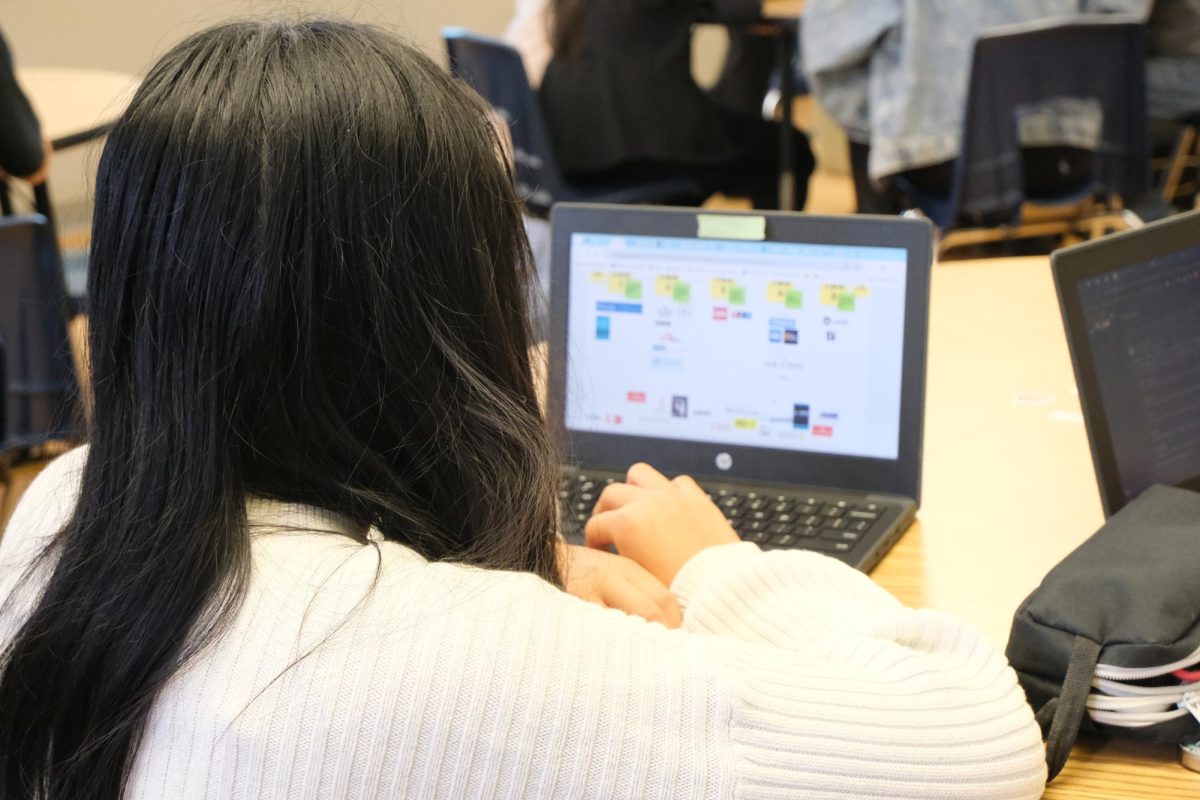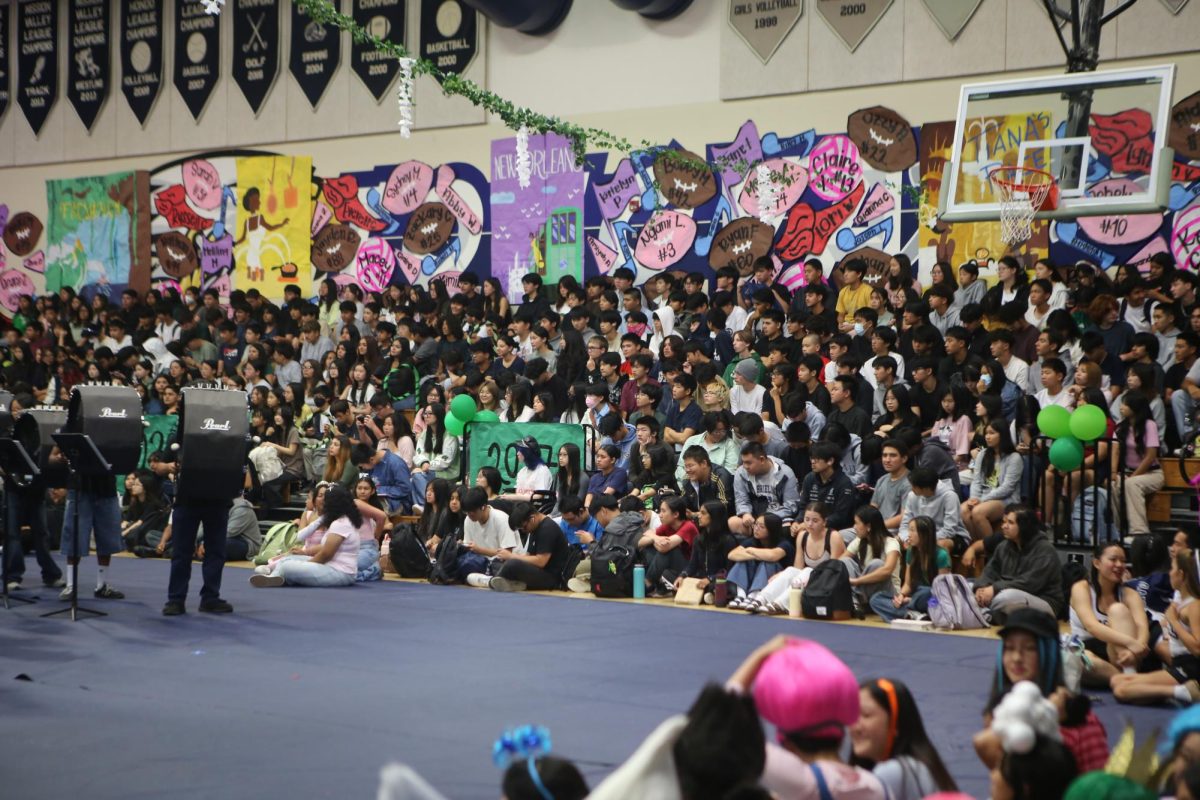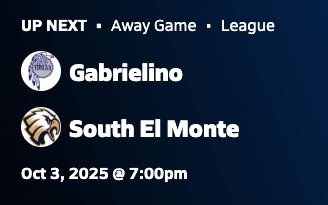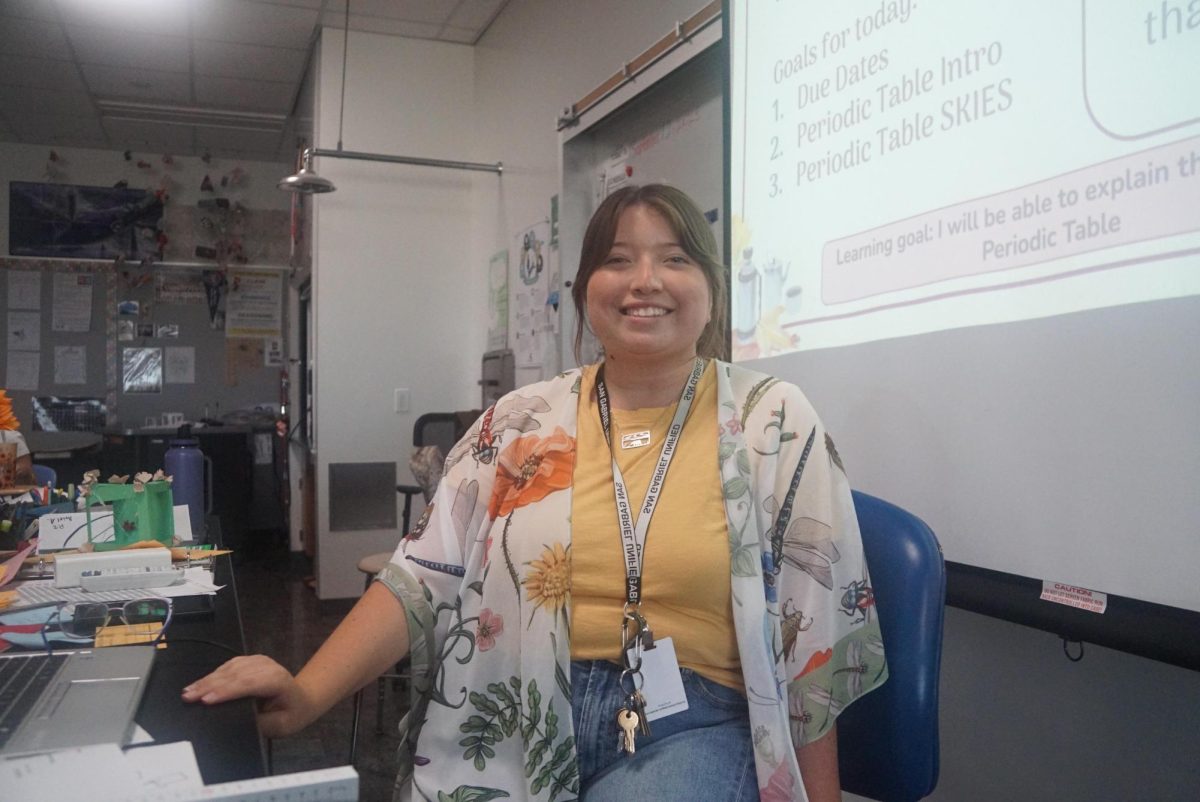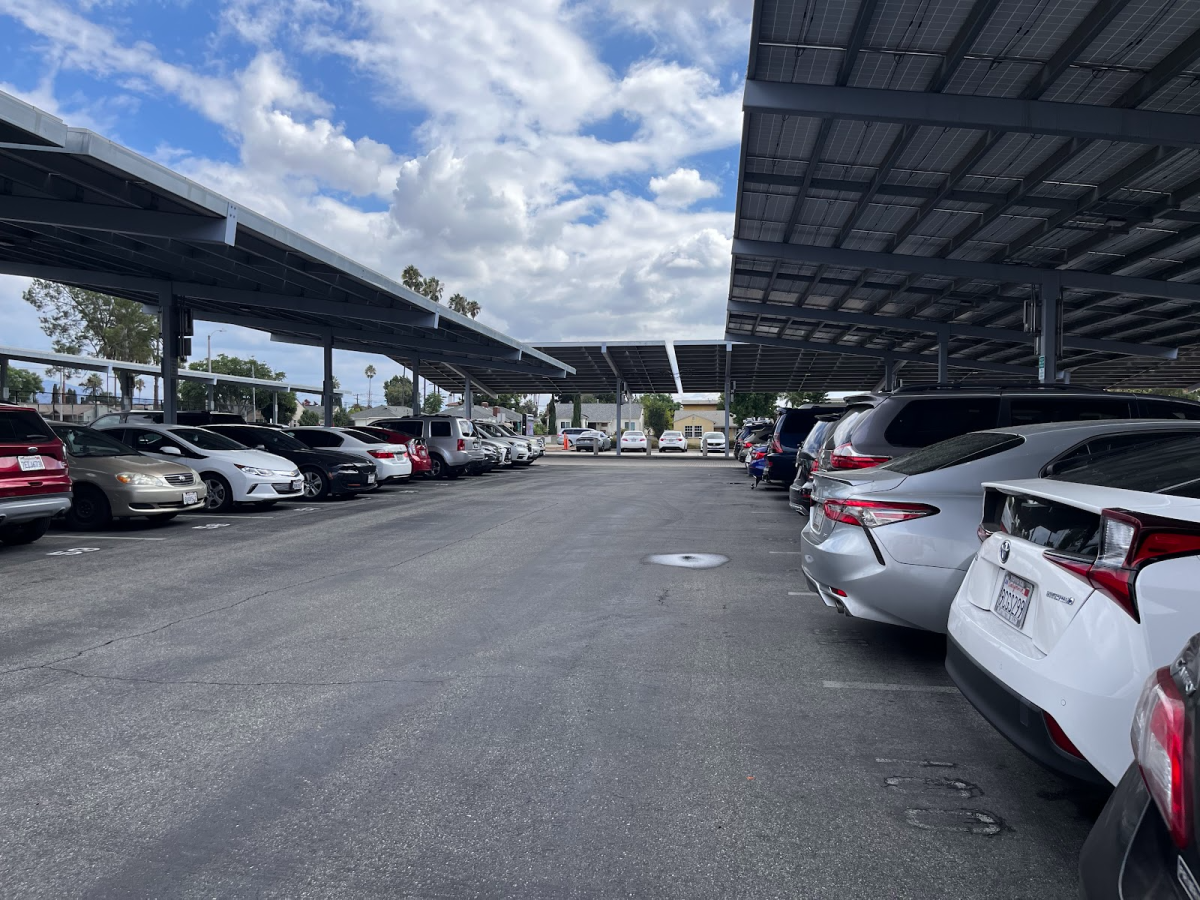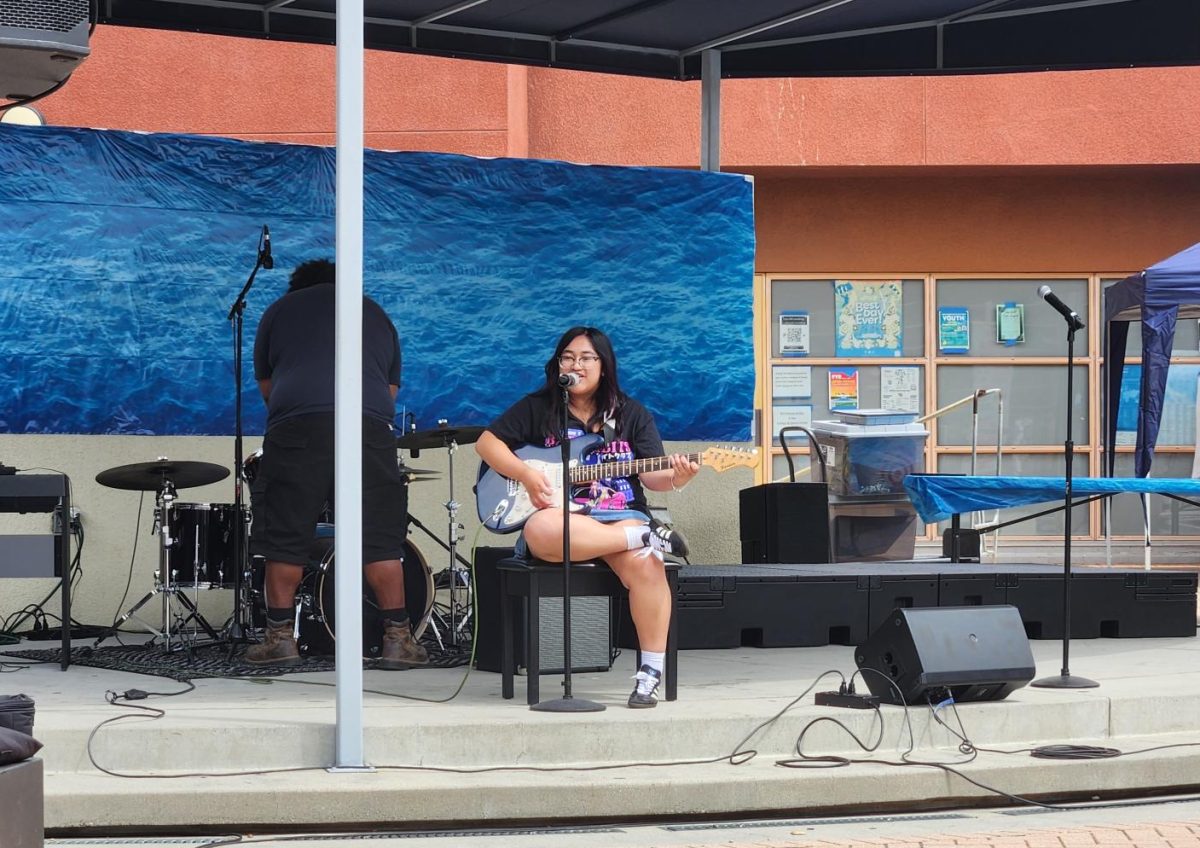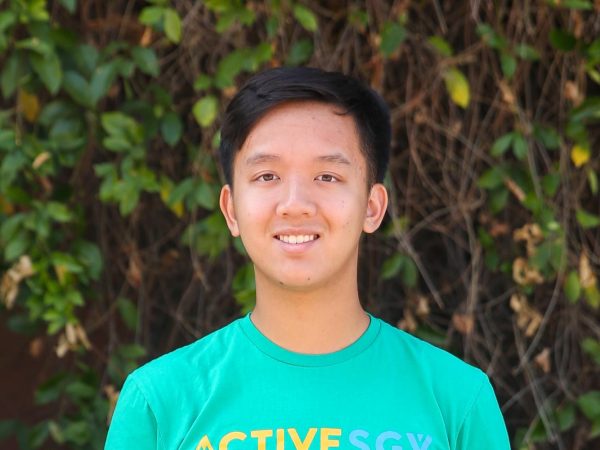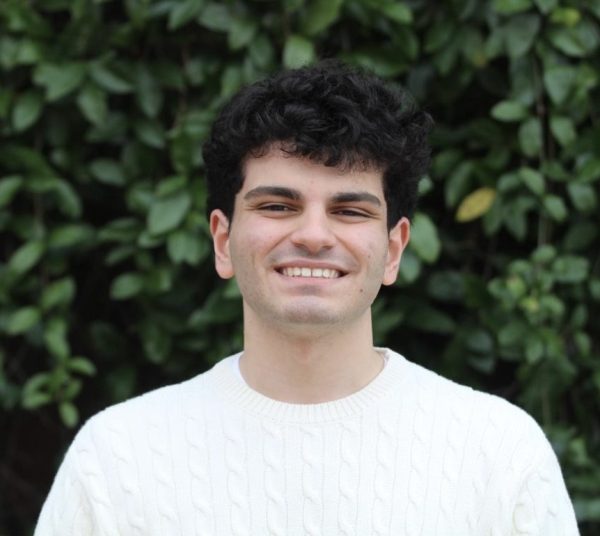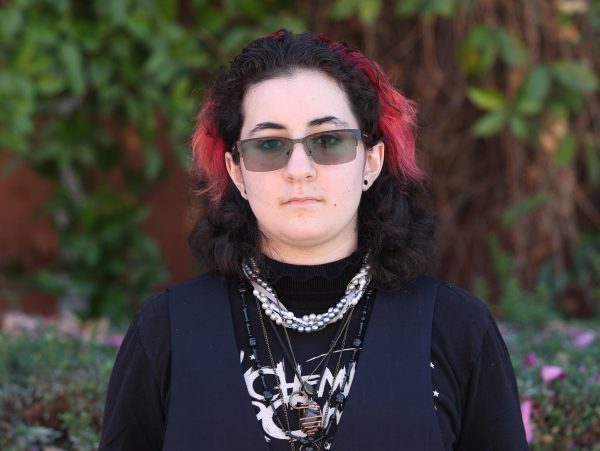With the start of the 2024-25 academic year, a new English class has been introduced for sophomores: AP Seminar, replacing Honors English 2. It continues to be taught by Lovelyn Chang but is otherwise a completely different course, focusing less on literature and titles like “Animal Farm” and introducing students to research and digital literacy.
This change looks to be permanent, complementing a growing number of AP classes available to students in their sophomore year.
“We’ve always had a desire to increase the diversity in our AP classes,” stated Vince Lopez, principal of Gabrielino. “The entry-level classes for that would be AP World [History], AP Environmental Science, and AP U.S. History, but […] world was pretty much the only entry point for a 10th-grade student.”
AP Seminar is another entry point for sophomores, preparing them for more rigorous AP courses as upperclassmen.
Unlike a traditional AP class, Seminar has multiple tasks for students to accomplish throughout the year. There is an end-of-year assessment during the two weeks of AP testing involving three short-answer questions and a timed essay, but it accounts for less than half of the student’s AP score.
Two long-term projects count for 55% of the student’s score. The first is a team-based presentation where students must work together and combine their findings on a specific research topic.
“You’re interacting a whole lot more with people and it really pushes you out of your comfort zone,” noted sophomore Mila Katz. “I’m pretty extroverted already, but I see a lot of more introverted people definitely stepping out of their comfort zone.
The second is an individual research project based on a topic of the student’s choosing, which they will present towards the end of the year. Chang noted how this project is very similar to one she was already having students do in English Honors 2. All that’s left is to properly integrate these tasks into the curriculum of the class.
“They’re basically being assessed in the middle of the year,” Chang explained. “They are writing a report first individually, and then they’re coming together in a group to share different aspects of that report and then give a team presentation.”
Both projects are presented to a panel of AP-certified judges, including Chang herself, with both due on April 30, right before AP testing begins.
From this description, it should be clear that the class focuses on drastically different topics than a traditional English class and what sophomores may have been used to last year. As defined by Merriam-Webster, a seminar is a “group of advanced students” ostensibly doing research.
Chang has put a heavy emphasis on verifying the legitimacy of sources and uncovering their biases. This included raven analysis, looking for a source’s background and vested interests, lateral reading, comparing a sources, and going upstream, tracing the source of information.

“It’s a lot different than English,” stated sophomore Benjamin Le. “Regular English would be practicing poetry, story writing, and grammar. Meanwhile, here it’s more about cooperating and actually presenting your stuff.”
Le described the work as “finding your own stuff.”
Sophomore Sujal Chettri commented on how much he disliked his previous English class and how much clearer it is in its goals and activities.
“We didn’t get enough instruction, and there were no visuals. It was like, ‘go write,’” Chettri stated.
This has been a massive change from the English classes Chang taught at Gabrielino for over two decades.
“I feel like I am well-prepared to teach a class like this just because of my own personal interest,” Chang said. “I’m the kind of person that listens to NPR on my way to work and on my way home, so I know a lot about societal issues already.”
During the week of September 16-20, students were focusing on social media, covering the dangers of misinformation. This topic even extended to “cancel culture.” In prior weeks, students focused on a speech given by Margaret Thatcher on climate change.
Chang described the class as “cross circular.” Seminar combines various aspects from other APs, from government to history to science, to allow students to “tackle real world problems” as Chang put it.
“It’s one of the most engaging English classes I’ve ever had,” stated sophomore Oliver Li. “There’s so many different ways to learning and so many different avenues to take […] whether its a research project, […] choosing to present normally, do a skit or anything else.”
The introduction of AP Seminar coincides with a trend of AP courses being favored over honors courses, with Lopez clarifying that it was recommendations from the College Board that brought the administration to consider the course.
Lopez articulated that AP Seminar is meant to empower sophomores who would have taken the honors course to pursue further AP rigor.
“I also have students in the middle who have never taken an AP course,” stated Chang. “This class is […] encouraging them to step up and meet those high expectations.”

